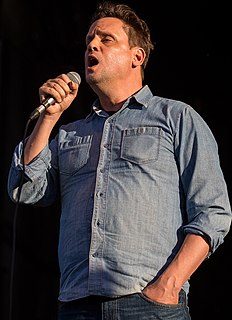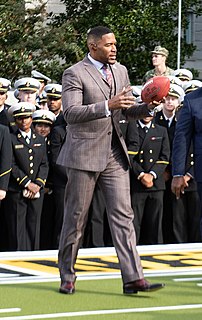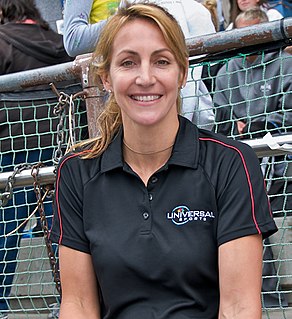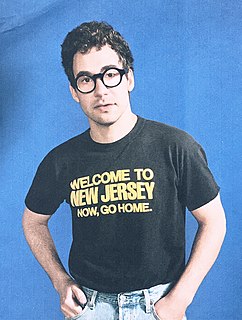A Quote by Jeff Nichols
I think when you're talking about marriage equality and race, people very quickly start to get into their political corners: their ideology comes to the forefront, and they get into this platform argument that they're used to making, which really doesn't have anything to do with the day-to-day basics of what is being talked about.
Related Quotes
When you think about being a director, you think about writing stories, putting the camera in interesting places and directing the actors to get your vision, but it's hard to imagine even this process... sitting here nine months later talking about the film and talking about it 20 times in one day. You don't even think about the part where you come to the set every morning and everyone's looking at you to see your mood in order to see what the day is going to be like, and the influence that you wield.
When you start talking about same-sex marriage, you start talking about abortion, and I think those issues are very very important and very interesting and very right for us to talk about, but when we allow those issues to cannibalize all other issues we find ourselves homeless while we debate about it.
To be a champion, I think you have to see the big picture. It's not about winning and losing; it's about every day hard work and about thriving on a challenge. It's about embracing the pain that you'll experience at the end of a race and not being afraid. I think people think too hard and get afraid of a certain challenge.
You get to a point where everything is so important. One day you have 'Letterman,' and the next day you're at the MTV Movie Awards, and the next day you have a sold-out show for over 15,000 people. You can't cancel anything, because it's just too much to let everyone down, which is an interesting thing about being in a bigger band.
We try to make films for people [that are] the films that we'd like to see. They're not easy to get made. They're hard to get made. You have to keep the budget low to get them made. But at the end of the day, I don't really worry about competition, because I don't really think of it that way. I don't feel like I'm in a race with anybody.






































